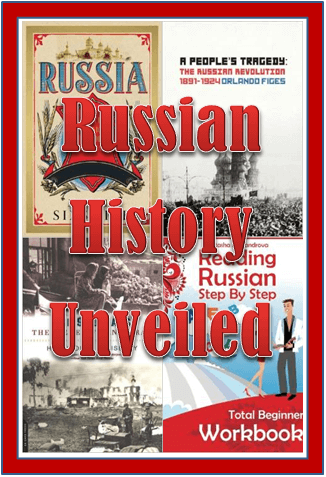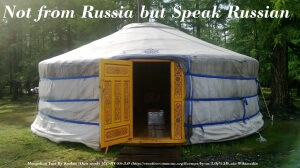Q&A: Is it true that you can not use the dictionary to learn new vocabulary?

Is it true that you can not use the dictionary to learn new vocabulary?

Is it true that you can not use the dictionary to learn new vocabulary?
Whether you would like to practice your Russian and read these tales in Russian, or you just want to acquaint yourself with some beautiful Russian fairy tales – you will enjoy this book. In the XIX century, a famous Russian collector of folklore gathered over 600 Russian Fairytales. A great Illustrator Bilibin created drawing for some of the fairy-tales at the beginning of the XX century and they remained popular for a hundred years.
You can buy a Kindle version of the English Translation or high-quality hardback book in English or Russian.
If you are a teacher or a student you know that Russian is a complicated language. Sometimes you might feel like giving up. Sometimes it gets boring, sometimes you feel that your brain is so overstuffed with the information, you will never be able to digest it and use it.
My answer to all of these is PLAYING!
No matter the age of the students, teachers or the topic that you are covering, playing games will make you relax, will force you to be engaged and will inevitably lead you to use all that Russian you spent so many hours of your life on.
As part of our effort to help teachers and students play more during their lessons, we are working on the supplementary Handouts for classroom games. Read More

“I need to wait with this handwriting thing. Getting the printed letters memorized is hard enough. I will get back to it when I feel more confident in my Russian.”
Sure, that is an option. However, my recommendation is to actually do it right as you are learning the alphabet. Learn to recognize that letter in printed and handwritten versions. Read the books, texts and practice your printed alphabet that way, but handwrite your answers, handwrite the new vocabulary, etc. Read More

You will hear many people talk about how you can learn a new language very quickly with “their method”. You can’t really. You can learn tricks and gimmicks, but you will be doing yourself a disservice in the end if you don’t lay a good foundation at the beginning, and by “laying a good foundation” I refer to the not too exciting task of learning how the language works; tenses, cases, gender, etc. Read More
Давно собиралась написать о Марине, моей любимой поэтессе. Но почему-то постоянно не получалось: не успевала, «руки не доходили», настроения не было и т.д. А вот именно теперь, когда самой уже стало за 50, захотелось написать о ней так, как я думаю сейчас, а не несколько десятков лет назад. Именно сегодня мне почему-то особенно остро и пронзительно больно читать её прозу и стихотворения, а также о ней самой, о её жизни. Опять в голове стучит мысль: «Наконец-то до тебя дошло!» Read More

Famously described by Winston Churchill as “a riddle wrapped in a mystery inside an enigma.” it was this sense of mystery that initially attracted me to Russian history, combined with a real sense of Romance fostered by the occasional viewing of Dr. Zhivago (it’s still one of my favorite films) on wet Sunday afternoons. It’s the romance and tragedy on a breath-taking scale, which makes Russian History so fascinating, its rich pantheon of heroes and villains so irresistible; by understanding the history and culture of a people they become a lot less mysterious and more human too.
In order to take one’s understanding of Russian history to the next level, it is my belief that a good knowledge of Russian is required, learning another Language has rewards which go beyond the obvious. Read More

Recently it dawned on me that out of the people I know who speak Russian so many are not actually FROM Russia, although most are from the former USSR.
What is Russian Diaspora? About 30 million people who speak Russian live outside of Russian Federation. The largest Russian speaking communities are found in the US, Germany, and Israel.
This led me to look up: How many Russian-speaking people actually live in the US? And Wikipedia never disappoints, so here is an article on the topic. Read More